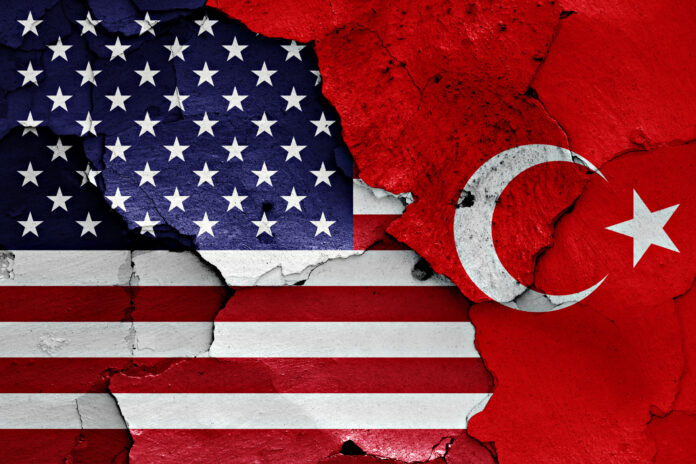Author: Michael Doran
Affiliation: Hudson Institute
Organization/Publisher: Hoover Institution
Date/Place: December 8, 2020/USA
Type of Literature: Article
Word Count: 1473
Link: https://www.hoover.org/research/america-obstructing-turkeys-geostrategic-destiny
Keywords: Turkey, USA, neo-Ottoman Doctrine, Middle East, Kurds
Brief:
The opinion on both sides of the political spectrum in the US regarding its international watchdog role is that its allies should take more role in militarily maintaining the world order. However, the US’ withdrawing also posits the danger of Chinese expansion. With the recent emphasis on withdrawal from the Middle East by Obama and Trump, it seems that the US will need strong allies in the region to carry out its hegemony. Otherwise, it risks Russia, Iran and China flanking Europe and dominating important trade routes and energy sources in the region. Conventionally, the US has relied on Saudi Arabia, Israel and Turkey’s support in maintaining this hegemony; however, the relationship with Turkey seems to be floundering lately. The perception of a ‘neo-Ottoman doctrine’ has emerged in Washington with the view that Erdogan’s vision for Turkey is Islamist and against US interests. The origins of this doctrine were supposedly evident in Turkey’s purchase of S-400 missiles from Russia. The author argues that this move has been misunderstood as Turkey was forced to do so since the US militarily supported the Kurdish terrorist organizations that were a threat to Turkey’s sovereignty and thereby refused to consider its ally’s concerns. Fears of the neo-Ottoman doctrine camp were again disproved when Trump withdrew troops from North Syria and Turkish troops stopped Russian-Iranian troops in Idlib. The victory of Azerbaijan, supported militarily by Turkey, over Armenia in gaining Karabakh was again a push back to the Russians and Iranians. Azerbaijan is also militarily supported by Israel, which one would think Sunni ‘Islamist’ Erdogan would object to but, in fact, does not. In conclusion, Erdogan’s actions can be explained by realpolitik, not Islamism. Think tanks in Washington would benefit more from understanding its ally’s concerns, and not pushing it into an alliance that it incorrectly fears it would end up in by itself.
By: Sahar Sadiq, CIGA Research Intern




